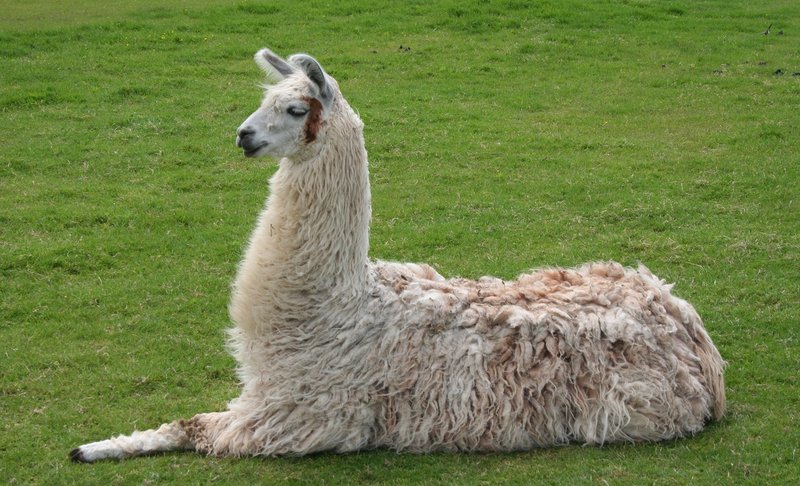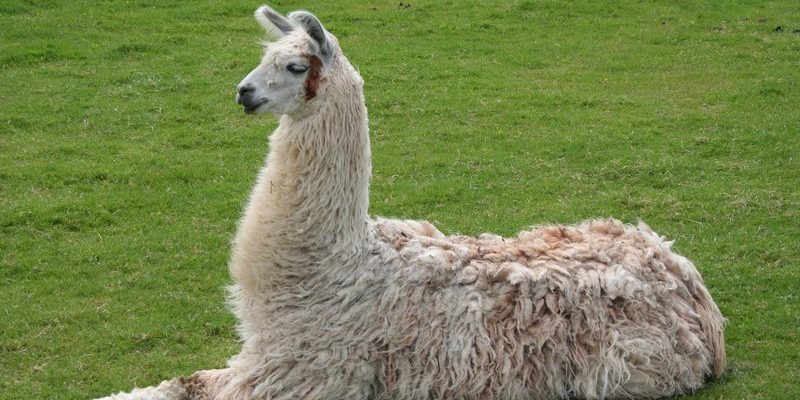
Keeping llamas isn’t just about having a unique pet; there are regulations, local laws, and ethical considerations to keep in mind. Just like you wouldn’t jump into a deep end of a pool without checking the water depth, you need to dive into the legal waters of llama ownership before making a splash. Let’s explore what you should know.
Understanding Local Laws and Regulations
Every state, county, and city has its own rules when it comes to keeping livestock, including llamas. The first step? Check local ordinances. Some places may allow llamas but regulate how many you can keep, the space requirements, and even the types of enclosures you need.
You might be wondering, “How do I find this information?” Here’s the thing: your local government website is a great starting point. Most cities or counties have sections dedicated to animal control or agricultural laws. If you feel like a researcher digging through documents, it’s only because you want to ensure your future llama has a happy home.
Ask yourself:
- Is my property zoned for livestock?
- Do I need a special permit to own a llama?
- Are there specific care regulations I need to follow?
Getting answers to these questions can save you a lot of headaches down the road.
Permits and Licensing Requirements
In many areas, you might need a permit or license to keep a llama. This can vary widely depending on where you live. Some regions require a simple registration process, while others may necessitate a more detailed application or even an inspection of your property.
If you’re in a zone that requires it, securing a permit is vital. Not having one could lead to fines or even being asked to rehome your llama. Imagine bonding with your fluffy friend and then having to say goodbye because you didn’t fill out some paperwork. Ouch!
Contact your local animal control office to find out what you need. Prepare to provide information like:
- How many llamas do you plan to keep?
- What type of housing and care will you provide?
- What food and health plans do you have in place?
Being thorough can help you and your future llama cohabitate happily and lawfully!
Zoning Considerations
Zoning laws are crucial when considering llama ownership. These laws determine what types of animals you can keep on your property based on its classification—residential, agricultural, or commercial. If you live in a residential area, you’ll want to double-check these regulations, as many places restrict livestock.
Here’s a common scenario: you find a lovely llama for sale, but you live in a suburban neighborhood. Even if you can fit one in your yard, local zoning laws might nip that idea in the bud. It’s like wanting a pool but living where they’re not allowed; it just doesn’t work.
To avoid conflicts, look into your neighborhood’s zoning regulations. You can often find this information through your local zoning department or municipal office. They can tell you what’s allowed and what’s not.
Animal Welfare Laws
Beyond ownership permits, you also need to consider animal welfare laws. These laws exist to ensure that animals, including llamas, are provided with a basic standard of care. This means your llama will need proper food, shelter, and veterinary care.
You might be thinking, “Isn’t that common sense?” Yes, but legal requirements vary. For example, some areas dictate specific space requirements based on the number of llamas you keep. If you’re keeping multiple llamas, you’ll need to ensure they have enough room to roam and forage.
Using local resources can help you understand what those standards look like. Many animal welfare organizations provide guidelines for the care of llamas. Some municipalities may even require you to follow specific care protocols that align with certain humane treatment standards.
Insurance Considerations
You might not think about it at first, but insurance is an important factor when you’re considering keeping llamas. Homeowner’s insurance sometimes doesn’t cover livestock, which means you might need additional liability insurance.
Imagine this scenario: your llama escapes and causes damage to a neighbor’s property. If you don’t have the right insurance, you could be looking at an expensive bill. That’s a rude awakening for any new pet owner!
Before welcoming a llama home, connect with your insurance agent. Ask questions like:
- Does my policy cover livestock?
- What type of liability coverage do I need?
- Are there additional riders I should consider?
Understanding your insurance needs can save you from financial trouble in the future.
Community and Neighborhood Considerations
Beyond the legal side, consider how your neighbors will feel about your new llama. Keeping llamas can raise eyebrows, especially if they’re not familiar with these gentle creatures.
You might want to have a chat with them before bringing one home. Explain what llamas are like, how they behave, and how you’ll care for them. Some people might worry about noise or mess, so addressing those concerns can ease their minds.
Think of it this way: you wouldn’t want to move into a new neighborhood and play loud music at all hours, right? The same goes for your llama! Respecting your neighbors will create a friendly atmosphere and help you build a supportive community.
In summary, keeping llamas as pets can be a rewarding experience, but it’s essential to navigate the legal landscape first. By understanding local laws, securing permits, considering zoning regulations, and ensuring animal welfare compliance, you’ll create a safe and enjoyable environment for your future llama.
Don’t forget about insurance and community relationships, either; they play a significant role in successful llama ownership. So, do your homework, ask questions, and take the time to build a solid foundation for your new furry friend. After all, the joy of having a llama will be well worth the effort!

